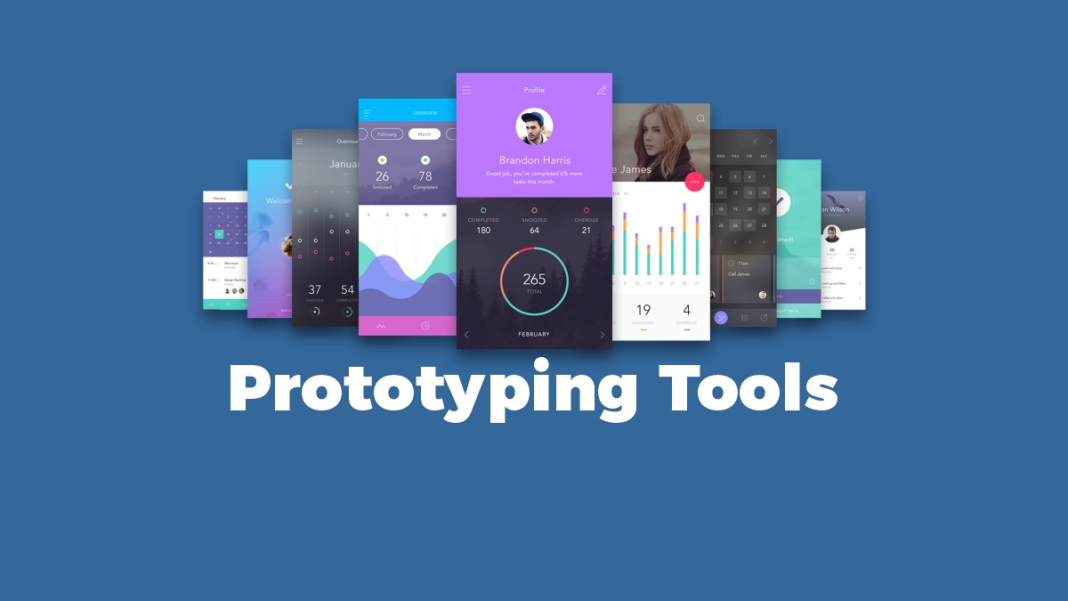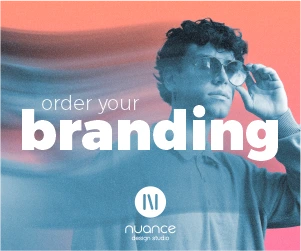In 2025, prototyping tools have become indispensable for UX/UI designers, product teams, and developers aiming to build intuitive, user-centered digital experiences. Whether you’re sketching wireframes or crafting high-fidelity interactive mockups, the right prototyping software can dramatically accelerate your design process, reduce development costs, and improve user satisfaction.
This guide explores the 10 best prototyping tools of 2025, backed by expert reviews, industry trends, and trusted sources. From AI-powered platforms to collaborative cloud-based solutions, we’ll help you choose the tool that fits your workflow and goals.
Why Prototyping Tools Matter More Than Ever
Prototyping is no longer a “nice-to-have” phase-it’s a strategic necessity. According to a 2025 report by Grand View Research, the global virtual prototyping market is projected to reach $861.7 million, growing at a CAGR of 19.4% from 2018 to 2025. This surge reflects the increasing demand for agile, iterative design processes across industries like healthcare, consumer electronics, and software development. [softwarete…nghelp.com]
Modern prototyping tools allow teams to:
- Validate ideas early
- Conduct realistic user testing
- Communicate design intent to stakeholders
- Iterate quickly based on feedback
- Reduce costly development errors
Top 10 Prototyping Tools in 2025
1. Figma – Best All-in-One Collaborative Tool
Figma remains the gold standard for cloud-based design and prototyping. With real-time collaboration, vector editing, and seamless developer handoff, it’s ideal for teams working across time zones.
Key Features:
- Interactive prototypes with transitions
- Design system management
- Plugin ecosystem
- Free and paid plans
Best For: Web & mobile app design
Pricing: Free, $16/editor/month (Professional) [interactio…design.org]
2. Sketch – Mac-Friendly Prototyping with Plugins
Sketch offers robust prototyping features for Mac users, including symbols, styles, and a vast plugin library.
Best For: UI/UX design on macOS
Pricing: $12/user/month (Standard) [interactio…design.org]
3. ProtoPie – High-Fidelity Prototyping Without Code
ProtoPie enables designers to create realistic, interactive prototypes that mimic final product behavior-no coding required.
Best For: Complex interactions and animations
Pricing: $11/month (Solo) [uxdesignin…titute.com]
4. UXPin – Best for Design-Development Integration
UXPin bridges the gap between design and development with advanced logic, conditional interactions, and code components.
Best For: Enterprise teams and developer handoff
Pricing: $19/month per user [slickplan.com]
5. Balsamiq – Low-Fidelity Wireframing Made Simple
Balsamiq Cloud focuses on structure over visuals, making it perfect for early-stage ideation and stakeholder feedback.
Best For: Wireframes and early concept validation
Pricing: $9/month (Solo) [uxdesignin…titute.com]
6. Adobe XD – Seamless Design and Prototyping
Adobe XD offers vector design tools, prototyping, and integration with Creative Cloud, making it a favorite among Adobe users.
Best For: Designers in Adobe ecosystems
Pricing: $9.99/month [slickplan.com]
7. Framer – High-Fidelity Prototypes with React Support
Framer is ideal for designers who want to build interactive prototypes with real code, especially React-based components.
Best For: Developers and advanced designers
Pricing: $12/month [slickplan.com]
8. Marvel – Simple Prototyping and User Testing
Marvel combines design, prototyping, and user testing in one platform, making it great for startups and lean teams.
Best For: Interactive mockups and testing
Pricing: $12/month [slickplan.com]
9. Uizard – AI-Powered Prototyping in Minutes
Uizard uses AI to turn sketches and ideas into interactive prototypes quickly, ideal for non-designers and rapid ideation.
Best For: Fast MVPs and AI-assisted design
Pricing: Free and paid plans [uxdesignin…titute.com]
10. Webflow – Prototyping That Becomes Production
Webflow allows designers to build high-fidelity prototypes that can be directly published as live websites-no rebuild needed.
Best For: Web design and deployment
Pricing: $12-$29/month [slickplan.com]
How to Choose the Right Prototyping Tool
1. Assess Project Complexity
Low-fidelity tools like Balsamiq are great for early ideation, while high-fidelity platforms like ProtoPie or Framer suit detailed interaction design.
2. Consider Team Collaboration
Tools like Figma and UXPin offer real-time collaboration, version control, and commenting-essential for distributed teams.
3. Evaluate Technical Skills
No-code platforms (Uizard, Marvel) are ideal for beginners, while code-based tools (Framer, Webflow) cater to advanced users.
4. Check Integration Needs
Ensure your tool integrates with your existing stack-whether it’s Jira, Slack, or design systems.
People Also Asked
What are prototyping tools used for?
Prototyping tools help designers create interactive mockups to test user flows, validate ideas, and communicate design intent before development.
Which prototyping tool is best for beginners?
Uizard and Balsamiq are beginner-friendly, offering intuitive interfaces and AI assistance for quick prototyping.
Can prototyping tools reduce development costs?
Yes. By identifying usability issues early, prototyping tools prevent costly redesigns and streamline developer handoff.
What’s the difference between low-fidelity and high-fidelity prototypes?
Low-fidelity prototypes are basic wireframes, while high-fidelity ones closely resemble the final product with animations and interactions.
Conclusion: Prototyping Smarter in 2025
Choosing the right prototyping tool can make or break your design workflow. Whether you’re building a mobile app, website, or enterprise platform, the tools listed above offer a range of features to help you create, test, and iterate like a pro.
As Mads Soegaard, founder of the Interaction Design Foundation, puts it:
“Prototyping is not just about visualizing ideas-it’s about validating them. The right tool empowers designers to fail fast, learn faster, and build better experiences.” [interactio…design.org]


